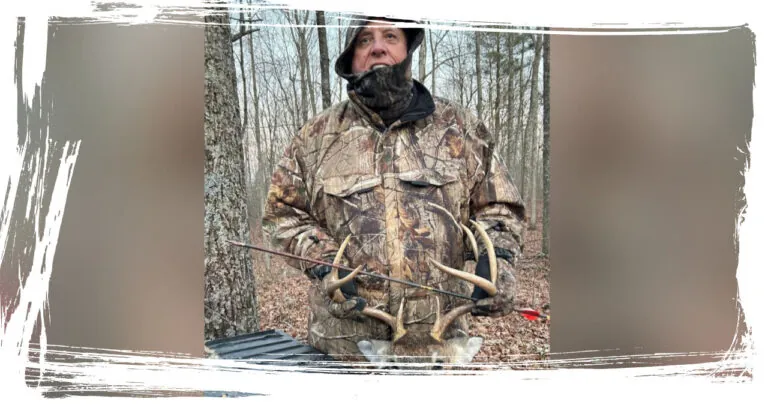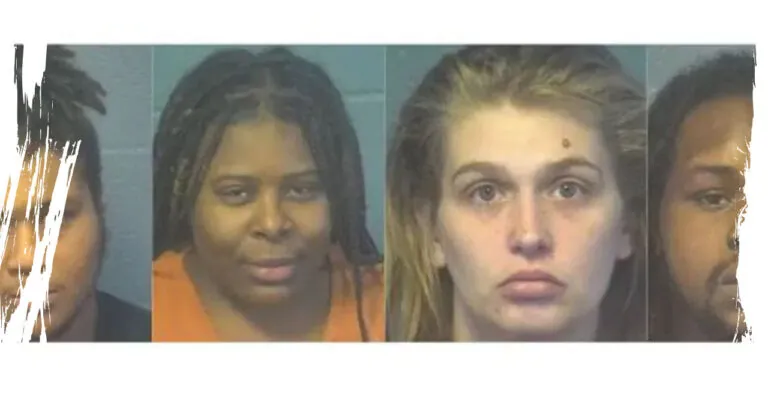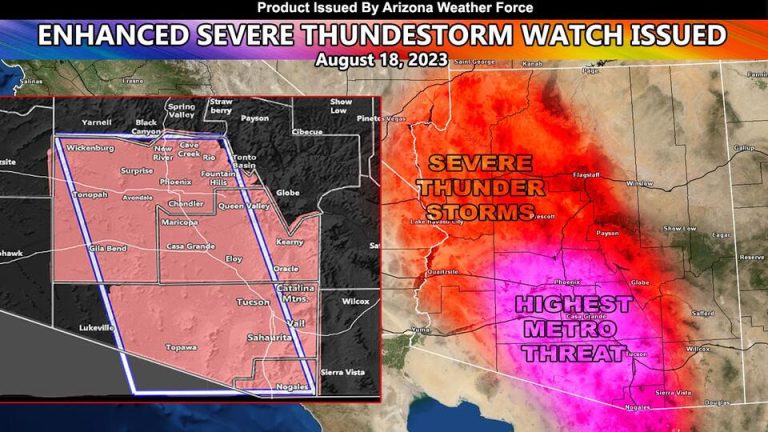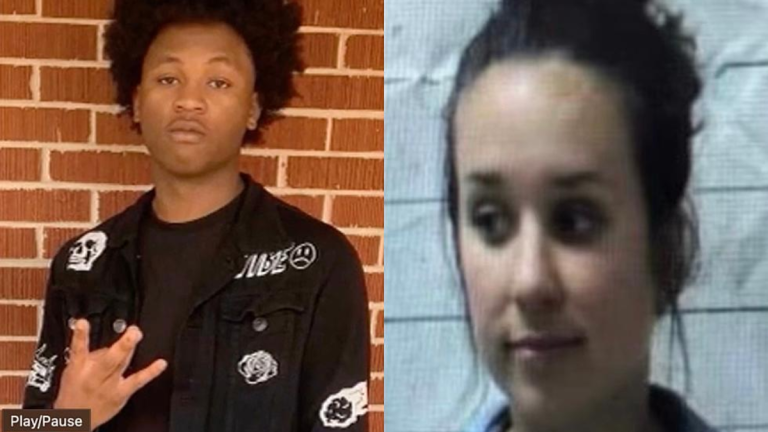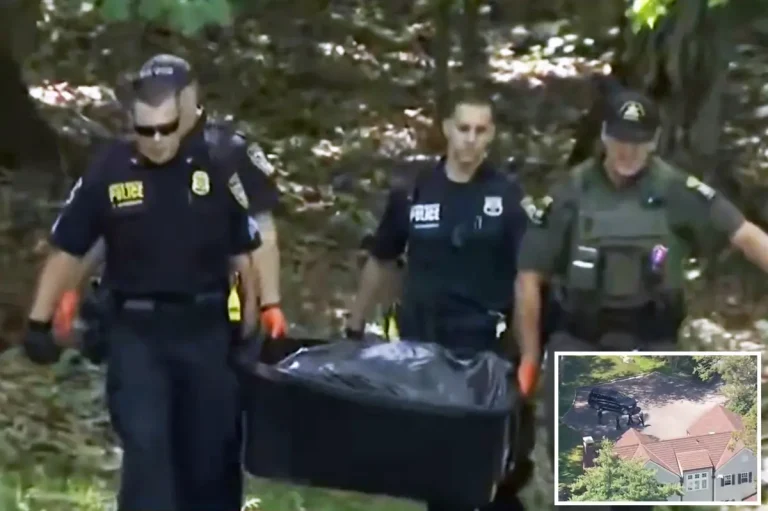Missouri Permits the Return of Some Recalled Marijuana Products to Store Shelves
The primary concern that both the division and commission are grappling with is the origin of the recalled products and whether the process involved in their creation could potentially endanger the health of the public.
Last week, the state decided to roll back its recall of almost 15,000 cannabis products and permitted their return to the dispensary shelves. These products had been in storage since early August, as Missouri companies were required to do so by the state.
According to a notice released by the Missouri Division of Cannabis Regulation on October 20th, an examination of product-tracking records has confirmed that “some of the marijuana products on recall contain THC solely sourced from marijuana grown in the Missouri regulated market.”
The destiny of the remaining 45,000 products that were recalled on August 14, along with the fate of numerous cannabis businesses that may suffer significant financial losses if the products need to be discarded, is yet to be determined.
Delta Extraction, a marijuana manufacturer based in Robertsonville, has requested the Administrative Hearing Commission to revoke the license suspension and completely withdraw the recall. According to the sources, the company has sought this action through an official appeal.
Come December, a trial is set to take place in the absence of an agreement between the division and the company.
The primary concern that the division and commission are grappling with is the method used to produce the products that have been recalled and whether it poses any danger to the general public’s health.
In the event that Delta Extraction is able to provide sufficient evidence demonstrating the safe creation of their products, it may be possible to avoid the state’s order to destroy 45,000 products. However, the company is still likely to face severe penalties, including a hefty fine and potential license revocation, for importing a hemp product into Missouri and incorporating it with locally grown marijuana products.
On October 25th, the commissioner in charge of Delta’s appeal regarding the recall and license suspension put forth a protective order that will ensure certain records in the case remain confidential. You can find the details of this order in the document.
According to the order, the records that are being requested could potentially contain sensitive and confidential information such as trade secrets, proprietary information, and financial data. Additionally, the records may also contain information related to the division’s investigations into other licensees.
The recall revolves around a hemp-derived THC concentrate, also known as distillate.
In August, the state filed a complaint against the company, alleging that they had included “hemp-derived chemically modified ‘converted’ cannabinoids” in their marijuana products.
The hemp plant is distinct from marijuana in that it possesses minimal psychoactive properties. This unique characteristic led to its removal from the federal controlled substance list in 2018 through the Farm Bill. However, companies have since been competing to develop techniques for extracting delta-9 THC, the primary psychoactive component found in marijuana, from hemp.
Delta-9 THC is typically obtained from hemp through a chemical conversion process from CBD, which happens to be the most prevalent cannabinoid in hemp.
According to cannabis lab experts, the process of producing marijuana products involves a range of chemicals that are not tested for in Missouri labs. This poses a significant challenge for the labs, as they are unable to confirm the safety of the products they are testing.
Due to the fact that hemp is now considered legal, there is currently no organization in Missouri or in the federal government that is overseeing the creation of chemically altered THC from hemp.
Back in September, The Independent reported that the lab in Florida, from where Delta purchased a considerable amount of product, denied the use of harsh chemicals in the creation of their distillate. Instead, they claimed to have used the same extraction process that is used in the regulated marijuana market.
J.J. Coombs, the CEO and proprietor of Arvida Labs based in Fort Lauderdale, guided The Independent in the step-by-step process of producing THC-A concentrate which remains non-intoxicating until heated, where it transforms into delta-9 THC.
To illustrate, consuming uncooked marijuana buds will not result in psychoactive effects due to the low concentration of delta-9 THC and high amount of THC-A.
More News:


